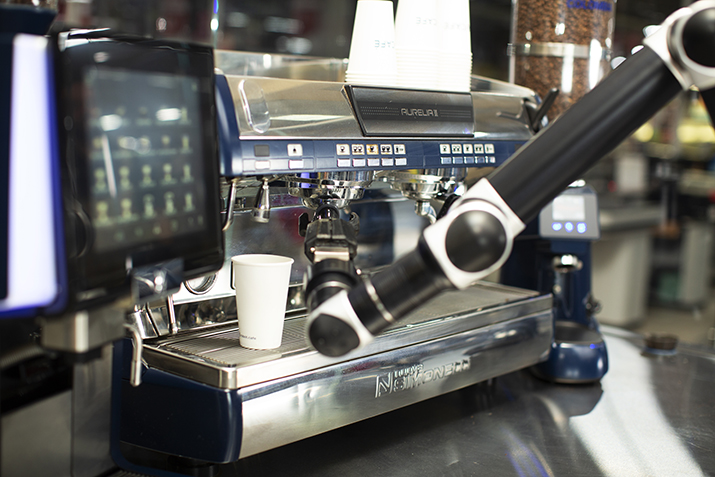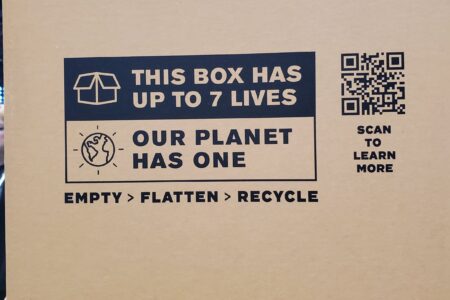Robotic baristas: job killers or industry drivers?

Photo credit: Rozum Cafe
Every industry faced challenges unknown or unobvious before 2020. They accepted these challenges; moreover, some also discovered opportunities for further development.
The HoReCa industry, for example, is believed to have suffered as much as the aircraft. The lockdown has stonily cut the restaurants, cafés, and bars from their clients. Those who could not react quickly enough or did not have a cash safety cushion for rainy days did not survive the storm. Those who were not paralysed and launched online pages with contactless delivery options instead were much luckier.
The Covid-19 pandemic brought to the light an idea that was in the air long before 2020: automate and go online. Now, the trend turned into a necessary part of every business that wants to succeed in the new post-pandemic reality. In this blog, we will have a look at the idea of robotic baristas, and about the perspectives of this technology in the future.
The concept of a robotic barista is pretty simple. As a rule, it is a robotic arm that is installed in the center of a coffee station. The client makes an order on the display outside the station, and the command goes to the robot. After that, the robotic barista takes a cup, grinds and tamps coffee, foams milk, adds syrups, etc. Similar projects have been developed all over the world: CafeX and Briggo in the USA, Rozum Cafe in Europe, or Once Alike in Australia.
All robotic cafés have something in common: zero contact service. But contactless service came to the fore only now; initially, there have been other advantages the producers had bet on.
Advantages of a Robotic Barista:
- Autonomous and Qualitative: The robotic café is a solution that should automate the service of great coffee. As opposed to vending machines, a robotic café is a place where coffee is made using fresh coffee beans and professional coffee equipment. Therefore, the coffee is delicious and special even though it is served by a robot.
- High Repeatability: Repeatability shows how stable the operations will be. That is, how the robot brews coffee on the first, the ninetieth, and the thousandth time. Good repeatability guarantees that the client gets the same cup of coffee today, tomorrow, and the day after.
- Speed: Different producers claim from 1 to up to 5 minutes needed for a cup, but it depends on the coffee size. The productivity for robotic baristas is up to 60 cups an hour.
- Ease of Management: If a client gets a good coffee taste, reliable and safe service, the café owner gets a package solution for opening their own café without having to hire employees. The café does not need any support during the shift; the only thing that should be done is loading supplements and regular cleaning.
The owner can theoretically live in France and control the café in London remotely through a secured POS system. A robotic barista also heals two main headaches of each café owner: employee turnover and stable control.
Disadvantages of a Robot Barista:
- No Human Touch: For many café visitors, coffee is not the main attraction, but communication. A chance to have a small talk with a barista, ask for some little changes in the beverage, tip “barista for his or her big dream.” Some robot café solutions try to share this friendly and personal feeling through robot handshakes, voice greetings, or some personalized offers.
- Less Flexible: Starbucks offers winter and summer seasonal drinks. Little coffee shops create unique monthly menus to surprise and encourage regular customers. Robotic solutions are more stable but also less creative. It is possible to add new drinks to the robot menu, but it requires time and investment in the robot reprogramming.
It is clear that the current situation has altered many industries. Robotics, however, is one that has a great hidden potential of creating new jobs within the HoReCa industry. A consultant barista or a barista robot operator who knows how to brew great coffee, develops new drinks, and teaches a robot? Why not.
- Anna Kidron is PR and content manager at Rozum Robotics Inc.



